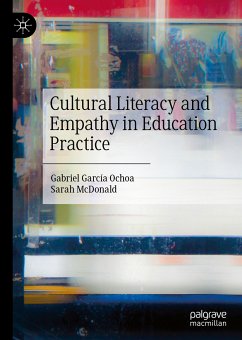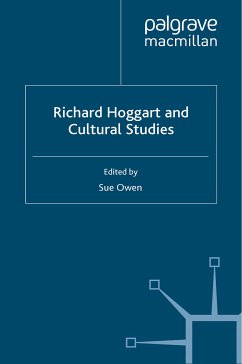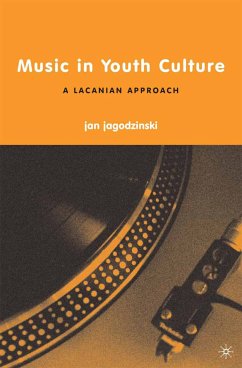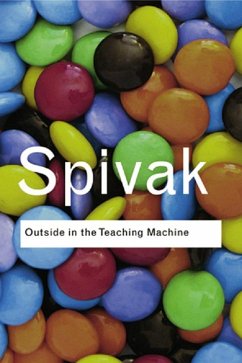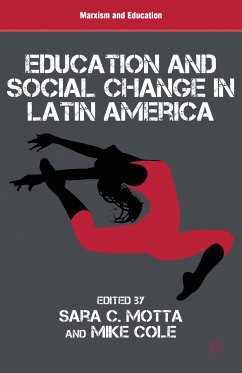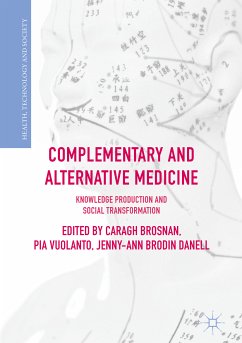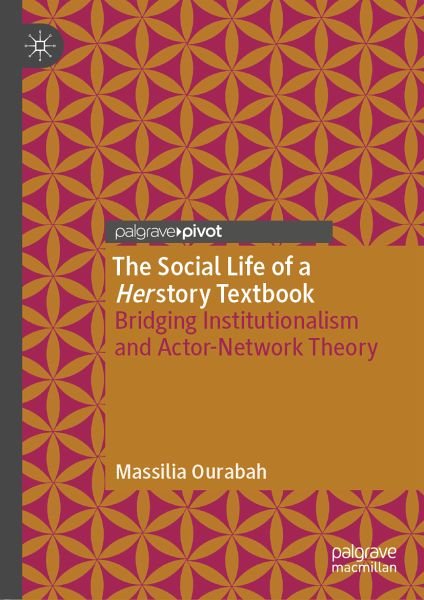
The Social Life of a Herstory Textbook (eBook, PDF)
Bridging Institutionalism and Actor-Network Theory
Versandkostenfrei!
Sofort per Download lieferbar
40,95 €
inkl. MwSt.
Weitere Ausgaben:

PAYBACK Punkte
20 °P sammeln!
This book studies the possibility for feminist educational change by examining a case study on the social life of a French gender and women history textbook. Massilia Ourabah opens a unique and timely dialogue between two antagonistic sociological trends: institutionalism and actor-network theory (ANT), and more specifically the inhabited institution approach and the sociology of translation. The structure of the book is dual: it offers one version of the case study grounded in the institutionalist approach, and another version grounded in the translational approach. The goal is to show that t...
This book studies the possibility for feminist educational change by examining a case study on the social life of a French gender and women history textbook. Massilia Ourabah opens a unique and timely dialogue between two antagonistic sociological trends: institutionalism and actor-network theory (ANT), and more specifically the inhabited institution approach and the sociology of translation. The structure of the book is dual: it offers one version of the case study grounded in the institutionalist approach, and another version grounded in the translational approach. The goal is to show that through the introduction of institutional elements and the rejection of some of ANT's strongest assumptions, the critical value of ANT can be restored and prove a useful framework for studying sociomaterial networks in education. The book also engages with feminist pedagogy and discusses the implications of the case study for the prospect of a more gender-balanced educational curriculum.
Dieser Download kann aus rechtlichen Gründen nur mit Rechnungsadresse in A, B, BG, CY, CZ, D, DK, EW, E, FIN, F, GR, HR, H, IRL, I, LT, L, LR, M, NL, PL, P, R, S, SLO, SK ausgeliefert werden.



